The Atlantic Council’s Digital Forensic Research Lab (DFRLab) invites you to join us virtually on Tuesday, August 8, 2023 from 8:00-9:15 am ET (14:00-15:15 pm CAT) for a presentation and panel discussion on our newest report “Democracy derailed: Sudan’s precarious information environment, 2019-2022,” which explores how years of political upheaval and protest have materialized in the digital environment.
Despite less than a third of the country having direct access to the internet, Sudan’s rulers have seen online communication as a dangerous revolutionary tool in the hands of protesting citizens. Between December 2018, when protests against then-president Omar al-Bashir first broke out, and December 2022, when a framework agreement between civilian and military leaders came into play, Sudanese citizens were subjected to at least 138 days of internet disruptions. Yet online communication, from women-led Facebook groups ousting plain-clothed officers to Twitter accounts announcing key protest information, have played an important role in shaping Sudan’s political environment.
Report authors Tessa Knight, DFRLab, and Lujain Alsedeg, Code for Africa, will share their research, followed by an expert conversation on the importance of Sudan media’s ecosystem to a populace striving toward greater governmental representation and democracy. Panelists will discuss how the media and legal landscape in Sudan shapes online discourse, the influx of local and international disinformation targeting the country, and how activists have leveraged social media to combat government crackdowns on freedom of speech. Against the background of a conflict that has already taken hundreds of lives, panelists will discuss the impact of internet connectivity and the ability to provide live updates of fighting in some parts of the country.
ستكون الفعالية باللغة الانجليزية
يدعوكم معمل التحليل الرقمي التابع للمجلس الأطلسي للانضمام إلينا يوم ٨ أغسطس من الساعة ٨-٩ صباحا بالتوقيت الشرقي لعرض ومناقشة احدث تقرير لنا “ديموقراطية خرجت عن مسارها: بيئة المعلومات الغير مستقرة في السودان ٢٠٢٢-٢٠١٩ ” والذي يستعرض كيف تجسدت سنوات من الاضطرابات السياسية والاحتجاجات في البيئة الرقمية.
على الرغم من أن أقل من ثلث البلاد لديها إمكانية الوصول المباشر إلى الإنترنت، فقد اعتبر حكام السودان الاتصال عبر الإنترنت أداة ثورية خطيرة في أيدي المواطنين المحتجين. بين ديسمبر ٢٠١٨، عندما اندلعت الاحتجاجات ضد الرئيس السابق عمر البشير لأول مرة ، وديسمبر ٢٠٢٢، عندما دخل اتفاق إطاري بين القادة المدنيين والعسكريين حيز التنفيذ، تعرض المواطنون السودانيون لما لا يقل عن ١٣٨ يومًا من انقطاع الإنترنت. ومع ذلك، فقد لعبت الاتصالات عبر الإنترنت، من مجموعات فيسبوك التي تقودها النساء والتي اطاحت بضباط يرتدون ملابس مدنية إلى حسابات تويتر التي تعلن عن معلومات أساسية عن الاحتجاجات، دورًا مهمًا في تشكيل البيئة السياسية في السودان.
سيشارك مؤلفو التقرير تسى نايت من معمل التحليل الرقمي ولجين الصديق من كود فور افريقيا أبحاثهم، تليها محادثة بين خبراء حول أهمية بيئة المعلومات والإعلام في السودان بالنسبة للسكان الذين يسعون إلى زيادة التمثيل الحكومي والديمقراطية. سيناقش المتحدثون كيف يشكل الإعلام والمشهد القانوني في السودان الخطاب عبر الإنترنت، وتدفق المعلومات المضللة المحلية والدولية التي تستهدف البلاد، وكيف استفاد النشطاء من وسائل التواصل الاجتماعي لمكافحة القمع الحكومي لحرية التعبير. على خلفية الصراع الذي أودى بحياة المئات بالفعل، سيناقش أعضاء اللجنة تأثير الاتصال بالإنترنت والقدرة على توفير مستجدات القتال في بعض أجزاء البلاد.
Speakers
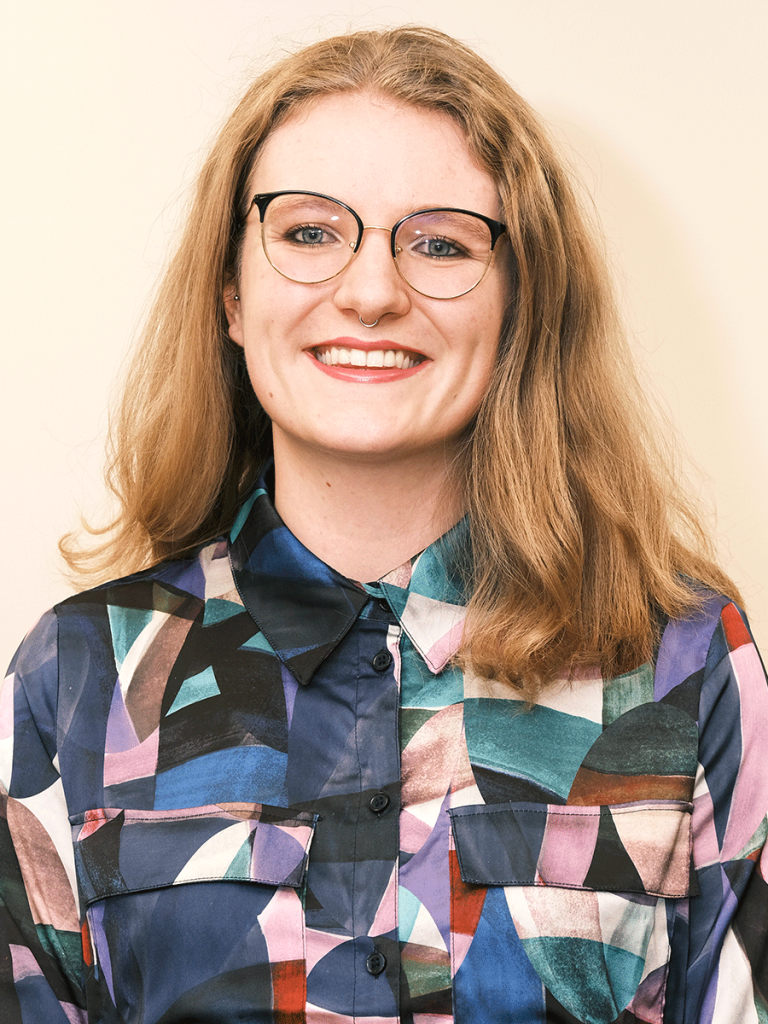
Tessa Knight
Research Associate
Digital Forensic Research Lab
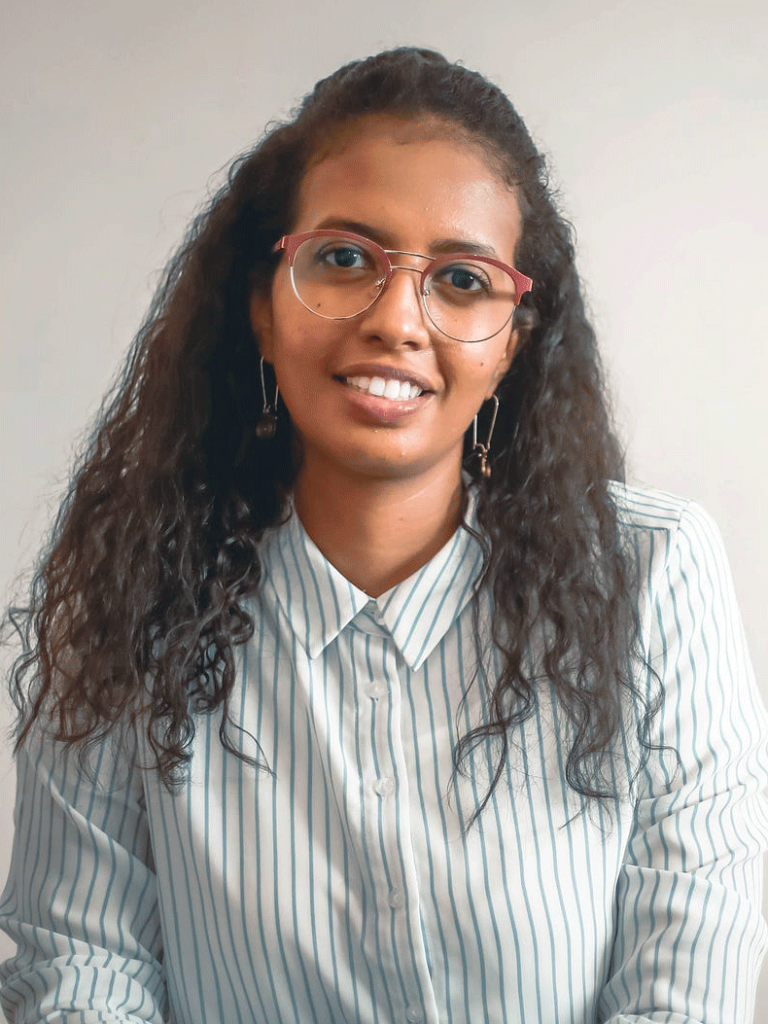
Lujain Alsedeg
Senior Investigative Analyst
Code for Africa
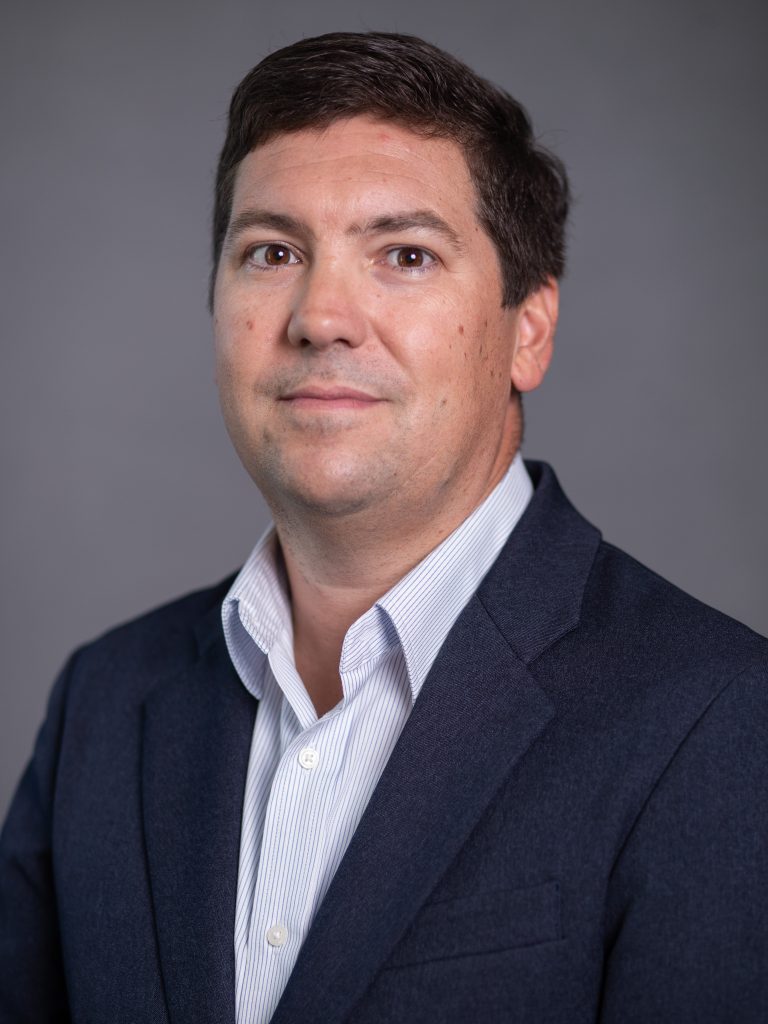
Cameron Hudson
Nonresident Senior Associate
Africa Program, CSIS
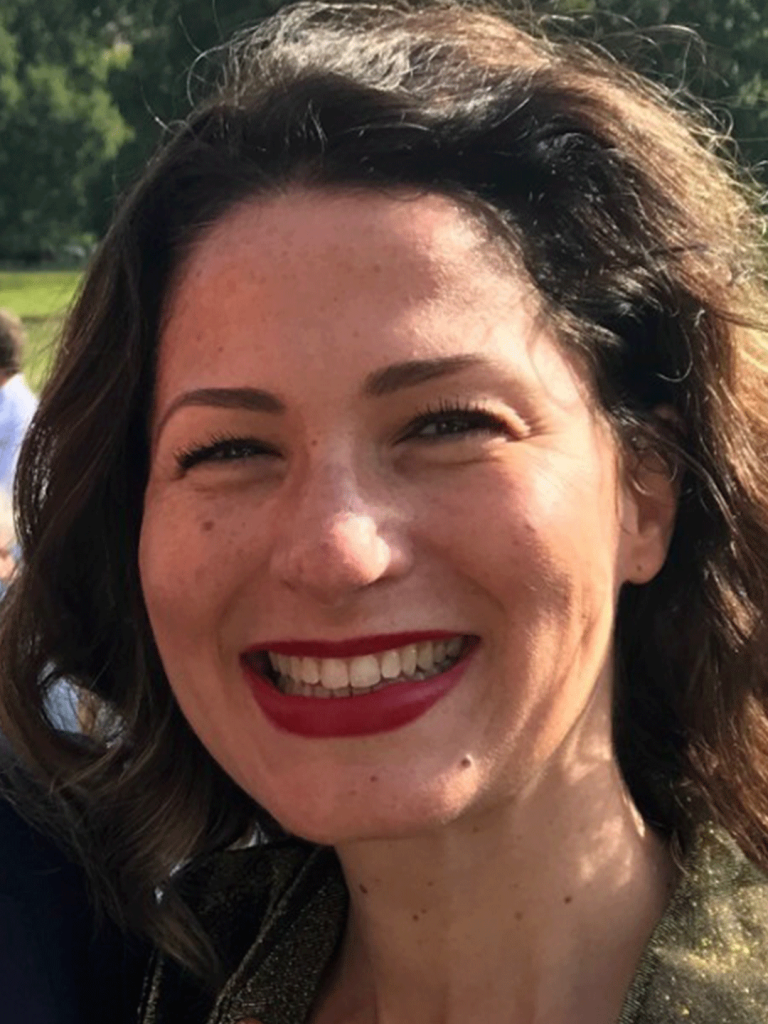
Amal Hamdan
Senior Electoral Systems and Legal Framework Consultant Sudan and Lebanon
The International Foundation for Electoral Systems

Kholood Khair
Founder and Director
Confluence Advisory
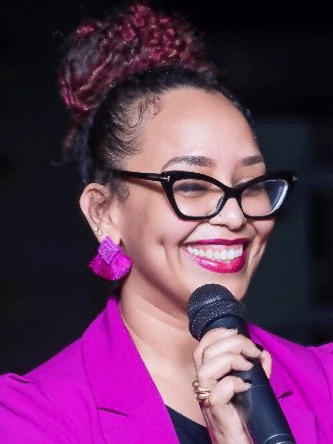
Raghdan Orsud
Co-founder
Beam Reports
Moderator
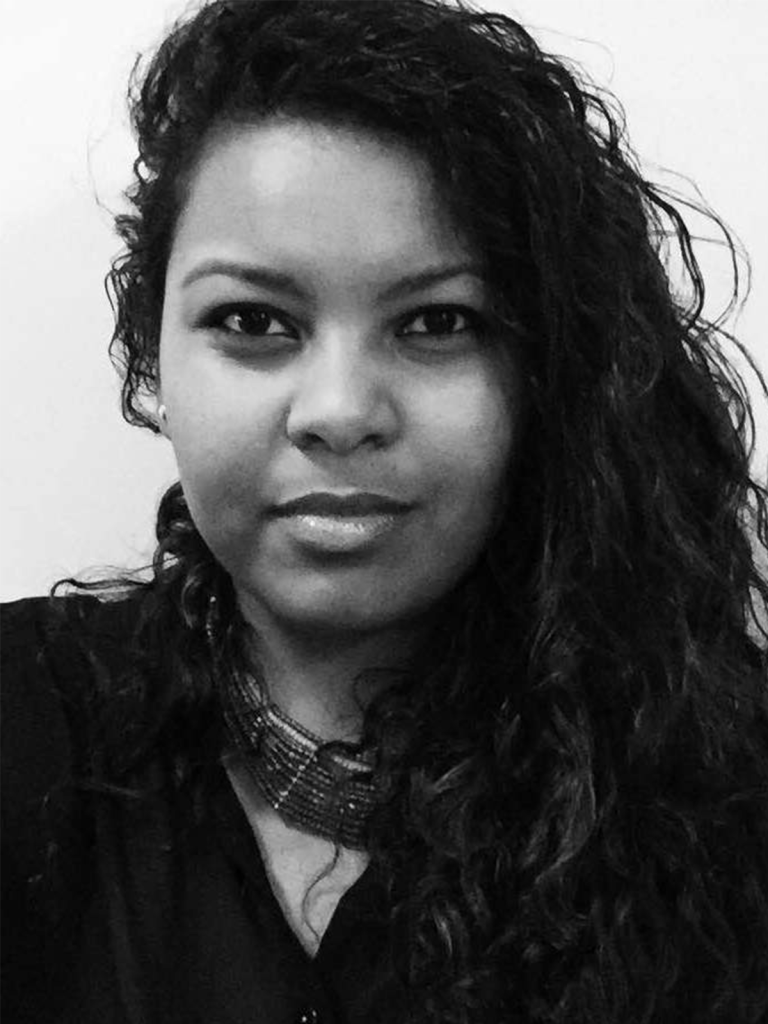
Omnia Shawkat
Co-founder and Editor-in-chief
Andariya
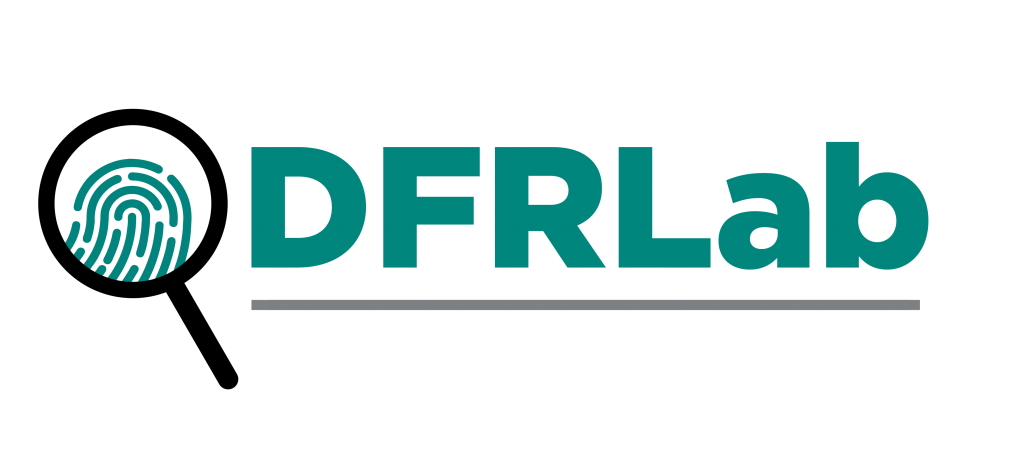
The Atlantic Council’s Digital Forensic Research Lab (DFRLab) has operationalized the study of disinformation by exposing falsehoods and fake news, documenting human rights abuses, and building digital resilience worldwide.